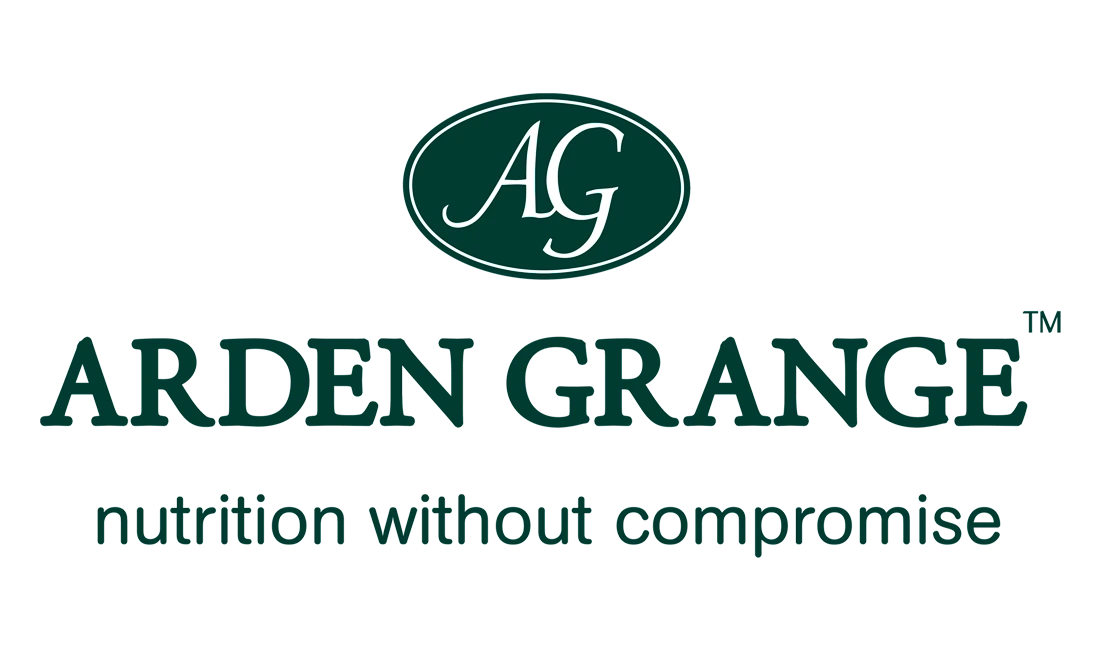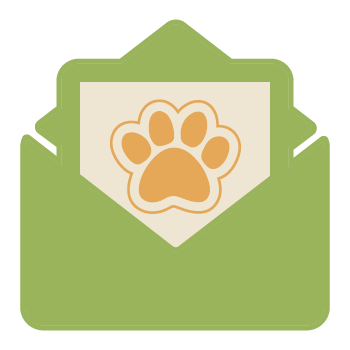Flatulence
Gas production to some degree is normal, since it is a natural by-product of the end stage of digestion. However, excessive flatulence may indicate a problem.
The rate of ingestion can be slowed down by using an anti-gulp bowl. There are many of different sizes and designs available. Interactive feeding toys may also be very effective in slowing down a fast eater.
Smaller, more frequent mealtimes may help if your dog is suffering from flatulence. A small meal gives the gut less work to do at any one time and helps to optimise the efficiency of digestion within the small intestine, resulting in less work required from the large bowel. It is important to ensure you are feeding the correct amount of food for your dog’s weight, age, temperament, digestion, and rate of metabolism to avoid wind and loose stools.
Rawhide chews and pig’s ears are notorious for causing flatulence, as well as bad breath and unpleasant smelling stools. They are enjoyed by many dogs, but if your dog is suffering from flatulence, eliminating them may prove beneficial.
As they are made from mostly indigestible protein, they can also be provocative in terms of food allergies and dietary intolerance.
Unless cooked or pulped, fruit and vegetables are not very well digested by dogs and can also cause flatulence, especially if fed in large quantities.
Many commercial treats contain unspecified meats, cereals and derivatives. It can be impossible to know the exact composition, and one or more of the ingredients could be causing excessive gas. Wheat gluten remains the most common culprit responsible for adverse food reactions in dogs, so a change to gluten-free treats such as the Arden Grange Crunchy Bites may be helpful. Soya is also a common cause of flatulence because it contains indigestible sugars that ferment in the large intestine.
Treats supply calories as well as the dog’s main diet, so make sure the main diet is reduced to allow for them.
Dogs can develop a liking for all sorts of things, ranging from plants in the garden to discarded food out on a walk. Many dogs will eat faeces or grass. Be vigilant, and try to prevent access to things that should not be eaten.
If your dog is currently being fed a good quality hypoallergenic diet, then the
Arden Grange Sensitive ocean white fish and potato
may be a suitable alternative. If your dog is eating a product which contains gluten (i.e. includes wheat, oats, barley or rye), beef, soya and/or dairy products; a change to one of the
Arden Grange maintenance diets for adult dogs or growth diets for puppies
may be beneficial in helping with flatulence if the issue is due to a sensitivity to one or more of these ingredients. We do not include the above ingredients in any of our diets, nor artificial colours, flavours or preservatives. It is important to note that the suitability of a product for a dog with allergies and/or intolerances is very much dependent upon his or her individual digestion and metabolism, as well as what ingredients have been included in the diet previously.


 Puppy
Puppy
 Adult
Adult
 Senior
Senior
 Sensitive
Sensitive
 Treats
Treats Kitten
Kitten
 Adult
Adult
 Senior
Senior
 Trusted British Brand
Trusted British Brand

